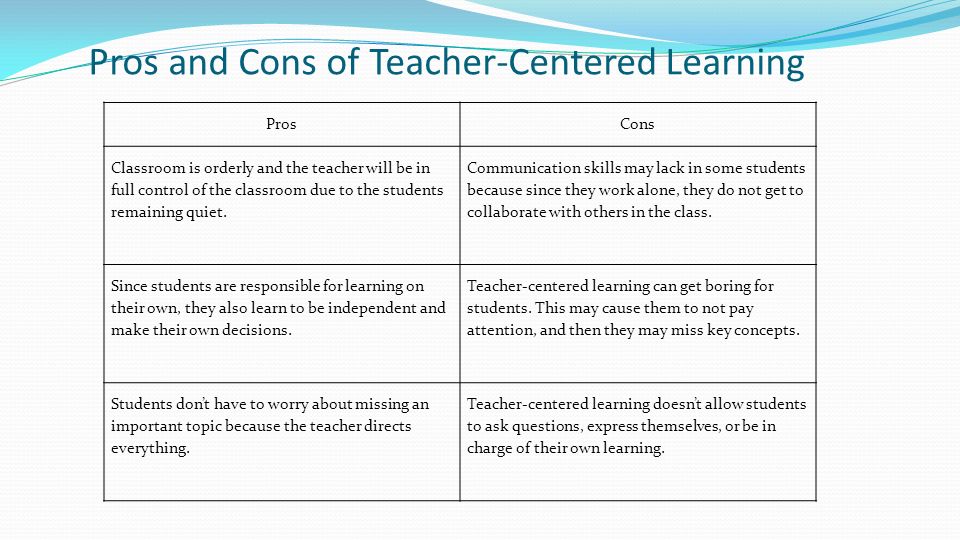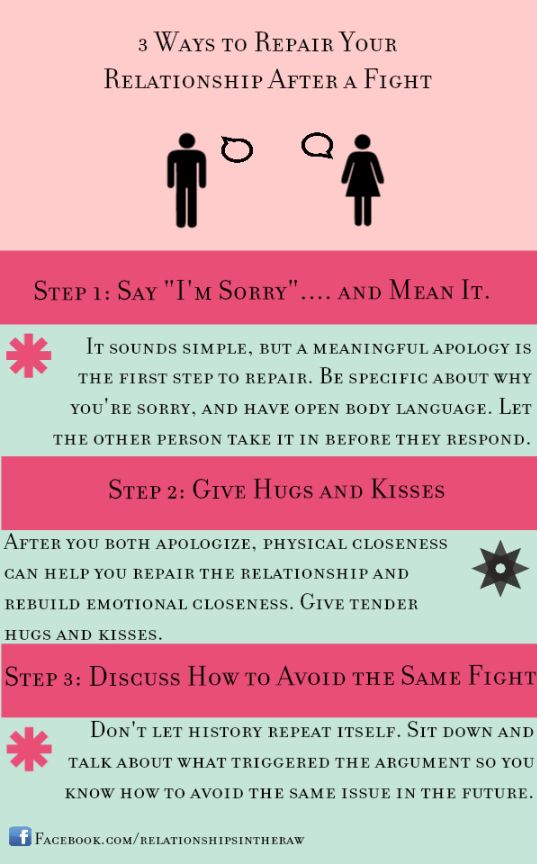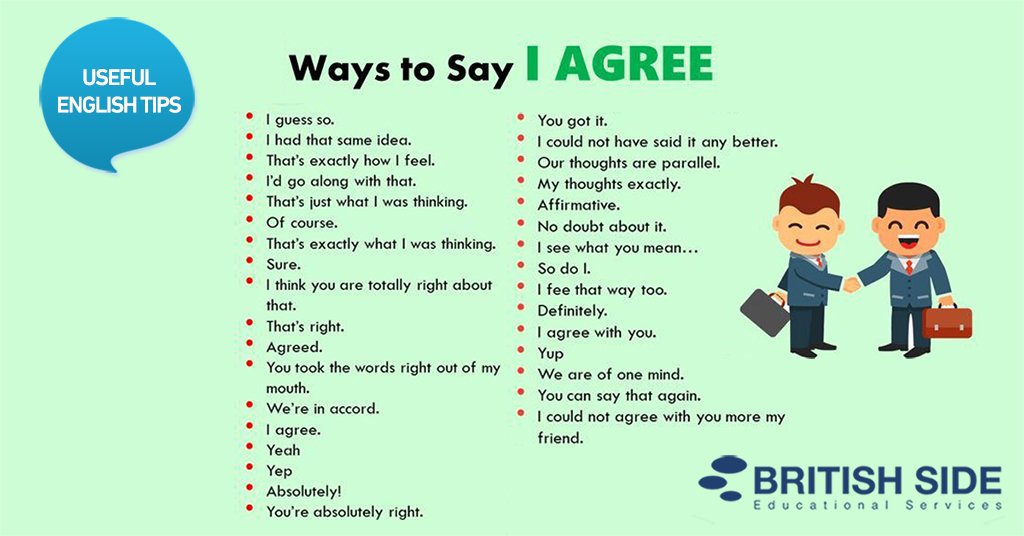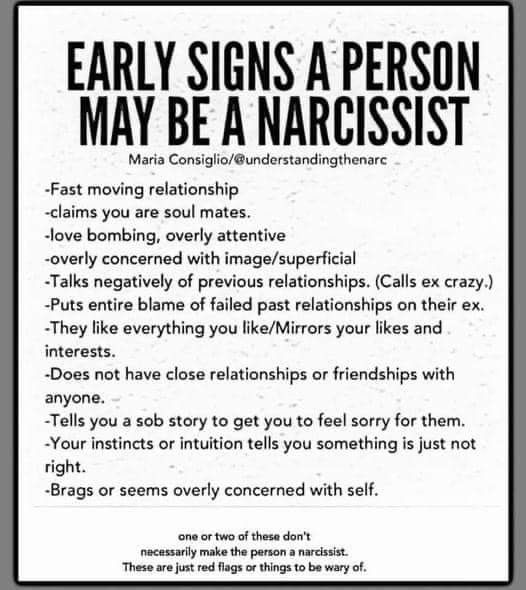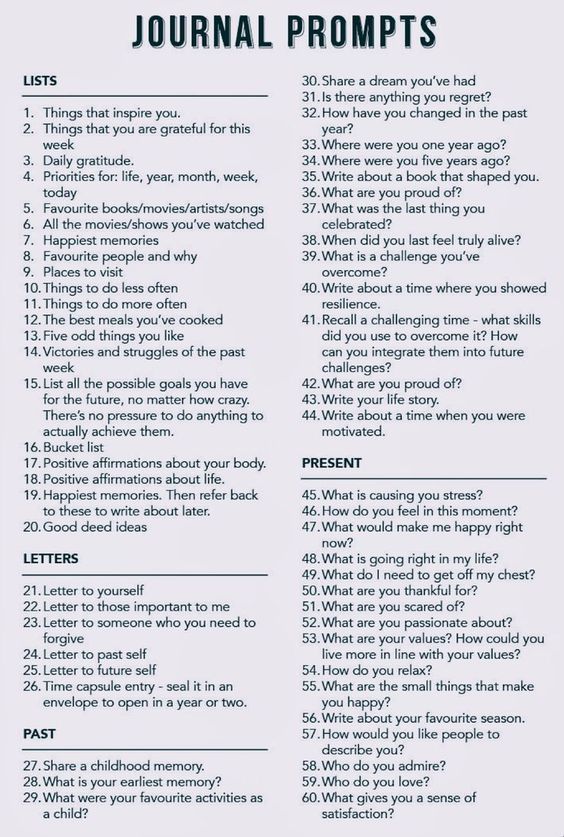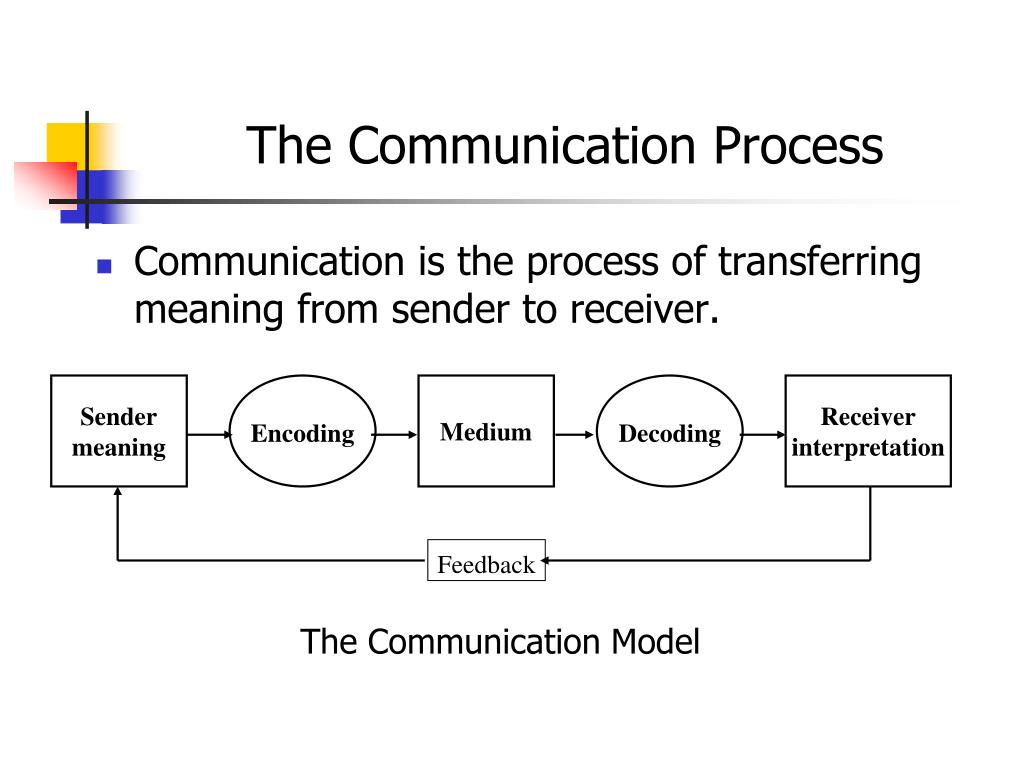Making your own decision
Decision making 101 | Problem solving
Life is full of choices. Some are easy, such as what to have for dinner (cheeseburger thank you), and others, more serious, like, for instance, choosing a career. Regardless of how important a decision is, good decision skills are useful in life, especially if you feel indecisive about something and it’s getting you down. Get tips on how to make good decisions, and find out what to do when you can’t figure out a plan.
Why good decision making helps
People make decisions all throughout their day, most of which are straightforward and don’t require much thought. However, when situations are more complicated and have longer term impacts, it’s easy to feel unsure or hesitant.
When faced with a tough decision it’s common to feel:
- overwhelmed
- stressed or anxious
- wound up
- pressured
- confused
- distracted
- tired
Because indecision can have a negative impact on how you’re feeling, it’s important to learn strategies for making positive decisions in tough situations. While you may not be able to guarantee the outcome of a decision before you make it, at least you can know you put a lot of careful thought into it.
Tips for making decisions
Step 1. Don’t let stress get the better of you. It’s easy to feel stressed out and anxious when you’re facing a tough choice. You might tend to rush your decisions without thinking them through, or you avoid making a decision at all because the stress has put you off your game. If you’re feeling anxious about a decision, try to manage your stress so that it doesn’t cloud your thinking. Go for a walk on the beach. Hit up a yoga class or hang out with friends.
Step 2. Give yourself some time (if possible). It’s hard to think clearly under pressure, and sometimes your first idea isn’t always your best one. Give yourself the chance to sit on a problem for a while so that you can process your options and feel confident about the course of action you choose.
Step 3.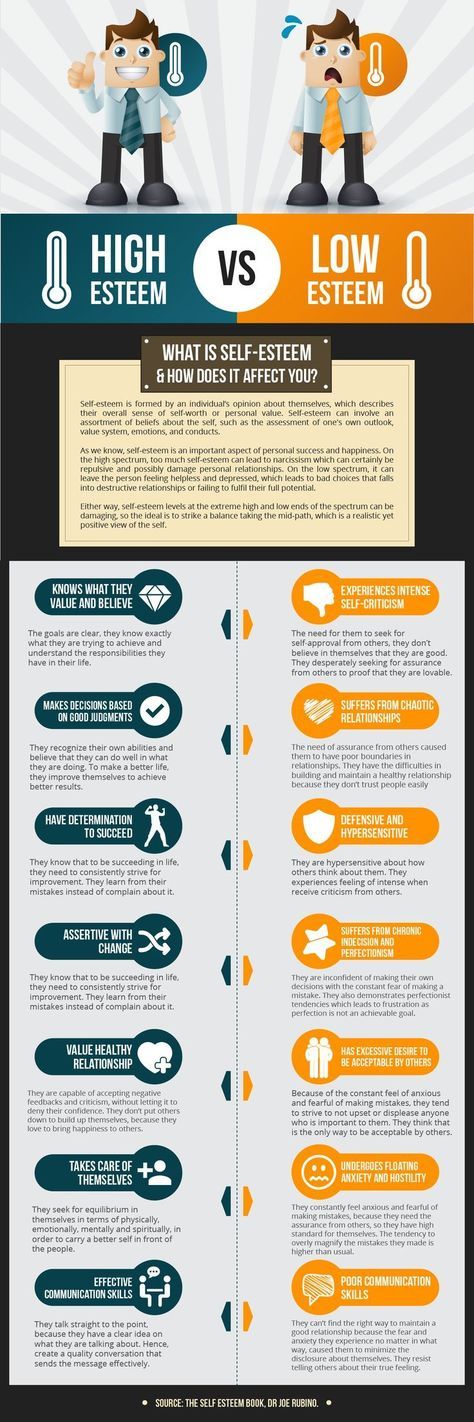 Weigh the pros and cons. When faced with a big decision, sometimes we lose sight of the big picture. Write a list of pros and cons for each course of action and then compare them. Sometimes the cons aren’t nearly as bad as we imagine them to be, or the pros might make your options more obvious.
Weigh the pros and cons. When faced with a big decision, sometimes we lose sight of the big picture. Write a list of pros and cons for each course of action and then compare them. Sometimes the cons aren’t nearly as bad as we imagine them to be, or the pros might make your options more obvious.
Step 4. Think about your goals and values. It’s important to be true to ourselves and what we value in life. When you factor into a decision the things that are important to you, the best option might become obvious. At any rate, you’re more likely to end up with an outcome you’re happy with.
Step 5. Consider all the possibilities. Making a decision can result in several different outcomes and not all of them may be obvious. When considering each option, don’t just list the positives and negatives; write down any likely consequences.
Step 6. Talk it out. It can be helpful to get another person’s perspective on your issue, particularly if they’ve faced a similar decision in their own life.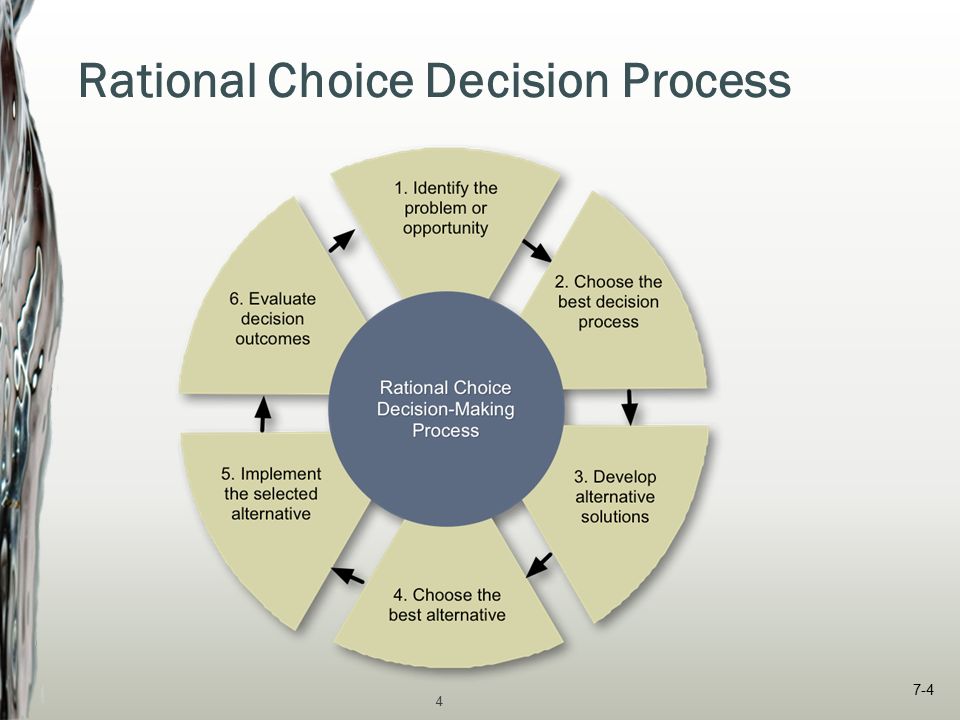
Step 7. Keep a diary. If you feel like you’re on a bit of an emotional rollercoaster, it might help to keep track of your feelings by writing them down.
Step 8. Plan how you’ll tell others. If you think someone may have a bad response to your decision, think through what their reaction is likely to be. Put yourself in their shoes to help you think of a good way to manage the situation.
Step 9. Rethink your options. If you’re up against a lot of pressure over a decision, or there are some new factors to consider, look over your options again. You might decide that your original decision is still the best one, but give yourself the option of changing course. If a decision no longer feels right for you, go through these steps again to figure out a better solution.
If you’re having a tough time
If you’re feeling overwhelmed with negative feelings because you’re facing a tough decision, it’s important to look after yourself.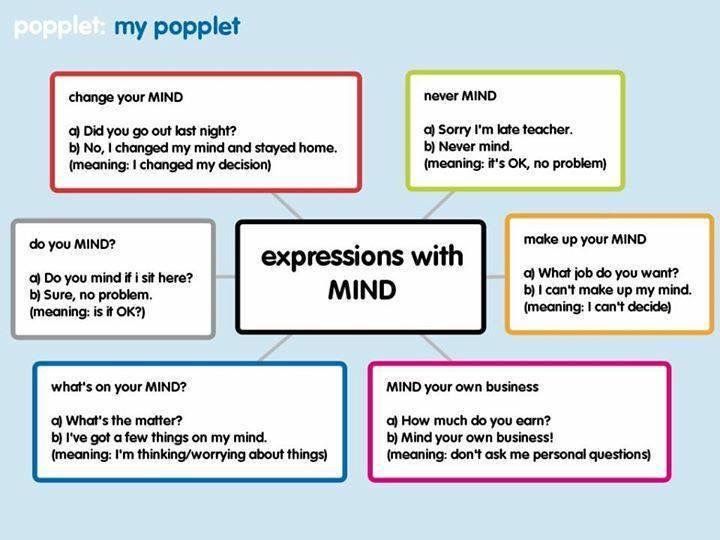 Take some time out to relax or do something you enjoy.
Take some time out to relax or do something you enjoy.
If you’re finding your indecision over a situation is affecting how you get on day to day, it’s a good idea to talk to someone you trust, or visit a counsellor. They’ll be able to help you work through the process of decision making, and guide you through different strategies.
What can I do now?
- Work on your problem solving skills.
- Talk to someone you trust about your situation and see if they have any insights to offer.
- Learn about building good coping skills.
Explore other topics
It's not always easy to find the right place to start. Our 'What's on your mind?' tool can help you explore what's right for you.
What's on your mind?
3 Reasons Why Making Your Own Decisions is Powerful
Skip to main content
When it comes to making decisions do you often feel stuck, confused or just completely lost? Do you find yourself often reaching out to a friend, colleague, mentor or therapist or coach for guidance on what to do?
Back in 2014, I discovered that I was barely making my own decisions anymore.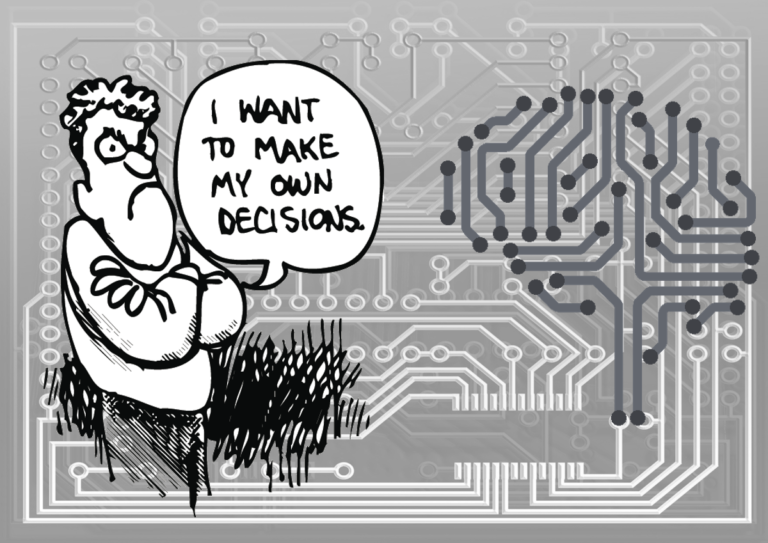 Every situation that arose, I was turning to other people to help me make a decision and to choose which direction to go in next. I felt like since my life up to that point hadn’t been that great, so why should I trust myself to make my own decisions anymore. The day I started making my own decisions and living life for me, was a moment that I vividly remember and have learned from to this day.
Every situation that arose, I was turning to other people to help me make a decision and to choose which direction to go in next. I felt like since my life up to that point hadn’t been that great, so why should I trust myself to make my own decisions anymore. The day I started making my own decisions and living life for me, was a moment that I vividly remember and have learned from to this day.
Having advisors, coaches, friends and family members offer advice along the way is never a bad idea by any means, but when you find yourself dependent on these people, like they are your lifeline and you can’t make a decision without them, that’s when you have lost control of your life, and ultimately YOUR destiny.
Three Reasons Why Making Your Own Decisions is Powerful:
- Empowering - Making your own decisions is empowering and it feels good when you have made a decision and followed through on it. Most people are afraid of making the “wrong” decision which is why they consult others.
 Regardless of what happens look at each situation as a learning experience, and your decisions will always feel good.
Regardless of what happens look at each situation as a learning experience, and your decisions will always feel good. - Independant - When you make your own decisions you can make them when you are ready and in your time. You don’t have to wait until you talk to someone first to make sure it’s the right decision or not, you just decide and go. This gets you out of the unhealthy codependent relationships you may be in currently.
- Creator - You are the creator of your destiny and only you are responsible for what happens in your life. When you rely on others too much to help you make decisions you lose that sense of responsibility for your own life. This also opens of the door for you to then blame others if the decision ends up blowing up in your face.
At first making your own decisions can be scary as shit, but it is a very rewarding and powerful experience once you begin to practice this in your life. Choose one to two people you trust, and only reach out when things are really bad or you have a major decision you need to make.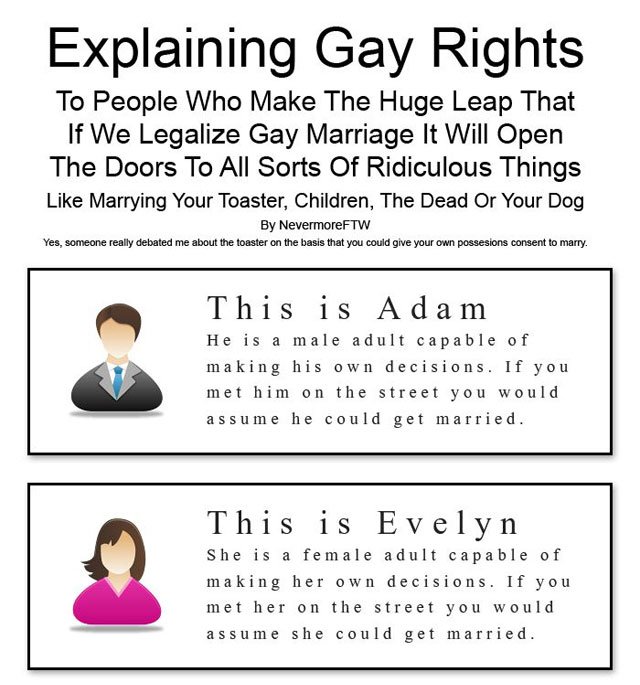 But, if you can try getting through those tough times on your own or making those BIG decisions by yourself. YOU, will become such a strong person. You will become resilient. And resilient people are the ones that do amazing things in this world.
But, if you can try getting through those tough times on your own or making those BIG decisions by yourself. YOU, will become such a strong person. You will become resilient. And resilient people are the ones that do amazing things in this world.
What major decisions do you feel like you need to make right now? What is holding you back on making that decision? I’d love to hear from you!
Drink it All Up!
Toni M. Bubb
Professional Lover of Life (PLL)is bringing a little piece of the island to wherever you are!
The Coconut Life -- bridging the gap between your career and lifestyle. The Coconut Life is a mentality and lifestyle founded on the island way of living. Empowering you to live life with reduced stress and fulfillment in both your CAREER and LIFESTYLE. We promote balance and harmony in your vocation, health, relationships, and spirituality - we aim to inspire and encourage you to seek and fulfill the calling God has placed in your heart. Learn more here: www.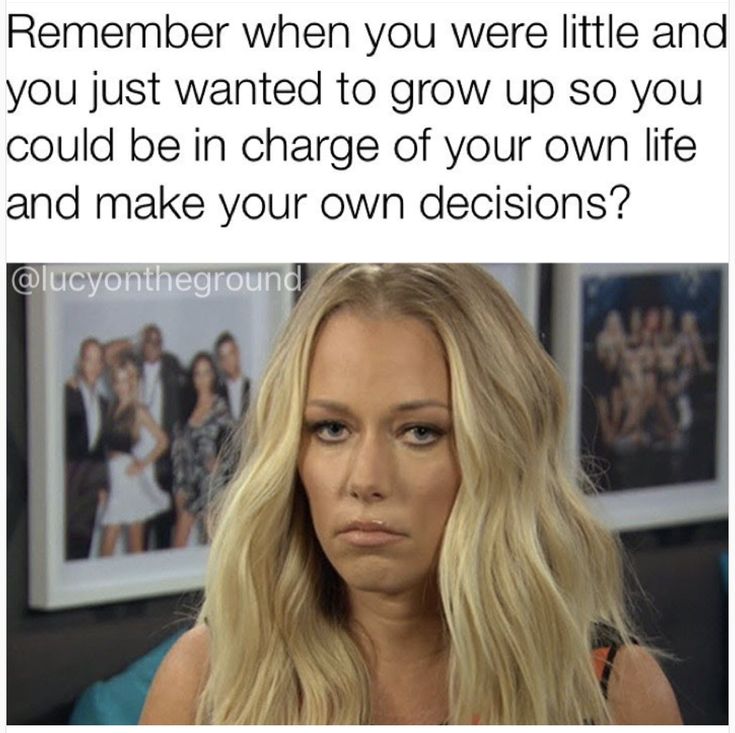 coconutlife.org
coconutlife.org
-
Who Is Healing Our Earth?
Dec 17, 2021
-
Walking The Resilient Path
Sep 9, 2020
-
She Stopped to Save a Bee (True Story)
Jul 2, 2020
-
The Rootless Soul
May 13, 2020
-
I'm Not Afraid to Die.
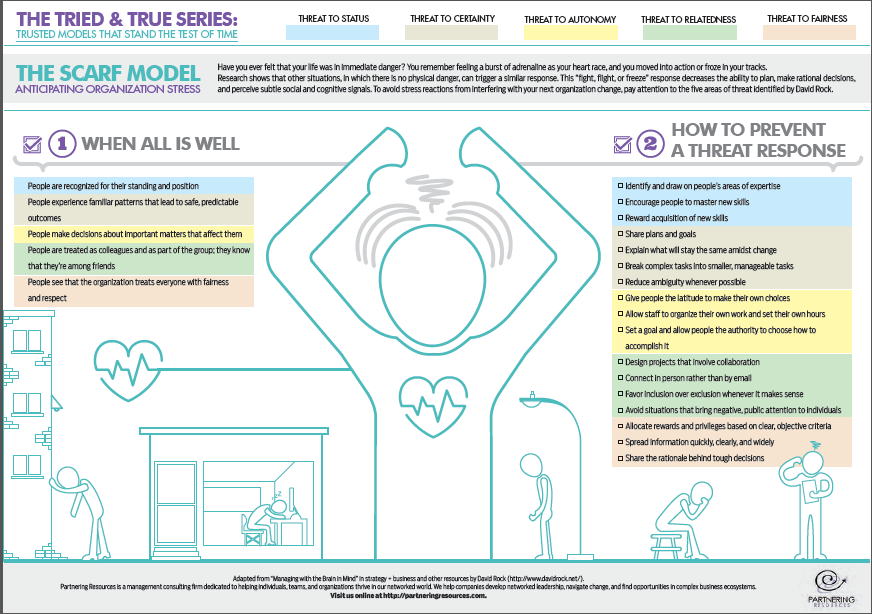
Mar 22, 2020
-
Why Every Family Should Have a “Bill” During the Holidays
Nov 29, 2019
-
Being Stubborn Stunts Your Success
Aug 18, 2019
-
How Your Spiritual Awakening Impacts Your Career. What stage are you in?
Aug 5, 2019
-
HOW DO EMOTIONS IMPACT YOUR SOCIAL SKILLS.
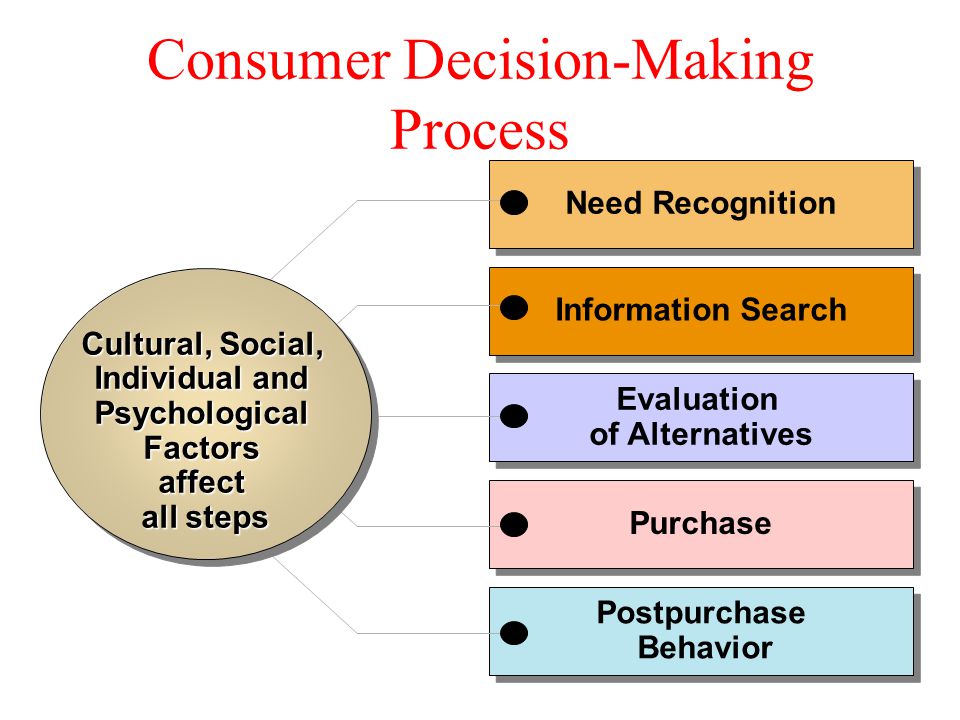 Final Part of EQ Series.
Final Part of EQ Series. Jun 11, 2019
-
STRUGGLING WITH EMPATHY? EQ Series Part 4.
Jun 11, 2019
Others also viewed
Explore topics
Psychology of decision making - Psychologos
Film "Indecent Proposal"
Film "A. Venediktov. In a Strange Place"
We are not machines, we have our own individual habits and preferences, we have emotions and desires, and all this affects our decision-making, constitutes psychology decision making. Yes, sometimes it's scary to make independent decisions. Sometimes - interfere with emotions and difficult traits of one's own character.
Sometimes - interfere with emotions and difficult traits of one's own character.
Is it difficult to make a choice? - It all depends on what type of personality and type of thinking a person has.
A person with negative thinking chooses from several troubles, and therefore usually the choice is long and difficult. A person with positive thinking chooses from several possibilities, so such a choice is interesting and joyful.
A person who is inclined to a rational analysis of the situation, analyzes and comprehends what is happening: thinks, understands, looks for causes and deduces consequences. This (sooner or later) gives him deep and well-founded solutions, but sometimes too late. A smart person is looking for a solution that is not the most profound, but which gives a solution here and now, the cheapest and fastest solution. "It just works, don't worry why!" Which of them is right? There is no general answer here: sometime a solid “thinker” wins, sometime a smart and simply quick-witted person.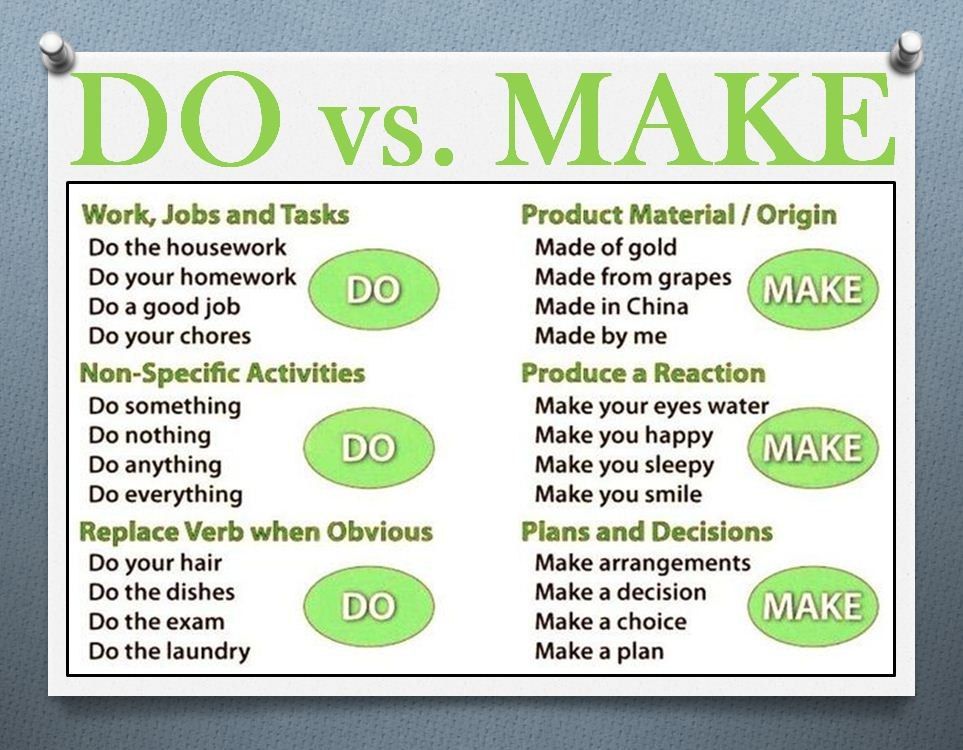 In science, thinkers are more in demand, in sales - quick-witted ones. And outside of science and business, a large number of people (mostly women) make decisions based on their feelings - sometimes deep feelings, suddenly emerging from the depths of their subconscious (“Gradually, I felt that this was the only right decision for me!”), sometimes on a wave of impulsive surface emotions. "I wanted it, caught fire - well, I bought it."
In science, thinkers are more in demand, in sales - quick-witted ones. And outside of science and business, a large number of people (mostly women) make decisions based on their feelings - sometimes deep feelings, suddenly emerging from the depths of their subconscious (“Gradually, I felt that this was the only right decision for me!”), sometimes on a wave of impulsive surface emotions. "I wanted it, caught fire - well, I bought it."
Often such a solution is called an intuitive solution, although there is no more intuition here than in any random fantasy.
Practically oriented people often make decisions in the simplest way - simply by asking smart people or turning to other sources of reasonable information, while people with mystical moods are looking for answers from the signs of the World or connecting to the energy-information field. .. Those who are fond of the psychology of the unconscious load a question into themselves and after some time find the answer in themselves: as a rule, for the person himself, it looks completely convincing.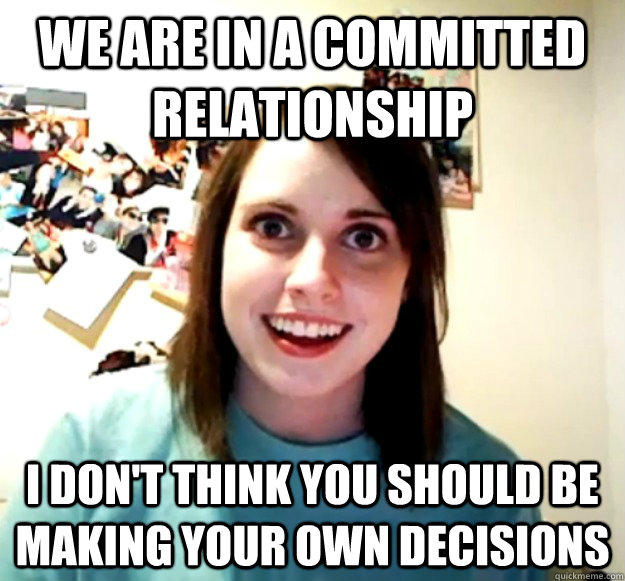
When a person is not completely whole, intrapersonal conflicts may arise in the decision-making process. For example, the decision of the mind (see conclusions) contradicts the decisions of the body (emotional decisions). If you yelled at a child, he may no longer approach you after that. It is not obvious that he drew conclusions with his mind, the natural decision was made at the level of the body. It happens that in one person the decision of the mind conflicts with the decisions of the body. With her mind, the girl decided - I’m getting married, and the body resists ...
In the decision-making process, mistakes can be made in various ways and in any direction. Someone makes decisions too quickly and thoughtlessly, someone seems to be putting off the simplest task on the back burner. It seems normal for someone to rely on intuition in everything, the other wants to reduce any decision to numbers, which is not realistic. Someone is looking for only simple solutions, the other complicates everything. This one pushes the decision to others, this one takes on what could well be delegated. For a long list of traditional mistakes made in the decision process, see the article Bias and Decision Making.
It seems normal for someone to rely on intuition in everything, the other wants to reduce any decision to numbers, which is not realistic. Someone is looking for only simple solutions, the other complicates everything. This one pushes the decision to others, this one takes on what could well be delegated. For a long list of traditional mistakes made in the decision process, see the article Bias and Decision Making.
The most common mistakes, however, are thinking about matters of minor importance (lack of priorities, inability to separate the main from the unimportant), delaying the decision-making and sabotaging one's own decisions (returning to a state of indecision after the decision has been made).
Time is one of the key points in competent decision making. If you rushed to make a decision, although there was still time - you hurried. If you did not have time to make a decision - you are late.
When making a decision, clearly define the time by which the decision must be made.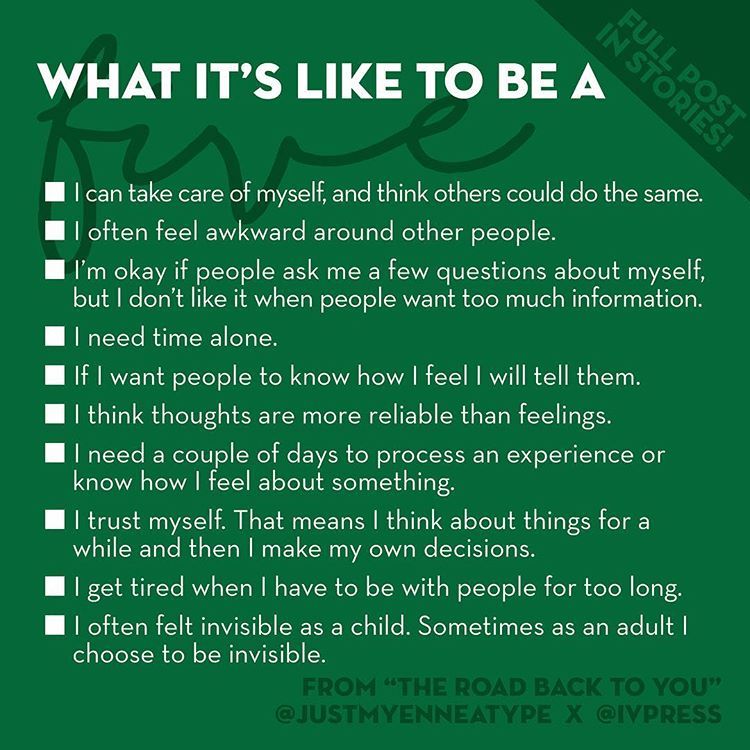 Do you have until the evening or just one minute? A belated decision is the worst decision. If you didn't resolve the issue on time, you simply didn't resolve it. If you are hesitating whether to take a plane, but the registration has already ended, do not be fooled: in fact, you have already decided not to take the plane. Therefore - allocate time while you can think and doubt, and determine the moment when the decision should be made.
Do you have until the evening or just one minute? A belated decision is the worst decision. If you didn't resolve the issue on time, you simply didn't resolve it. If you are hesitating whether to take a plane, but the registration has already ended, do not be fooled: in fact, you have already decided not to take the plane. Therefore - allocate time while you can think and doubt, and determine the moment when the decision should be made.
What about fears? In order to be less afraid of making a mistake, it is useful to master the "Mistake" exercise and teach yourself to analyze whether there are grounds for fear and anxiety.
While there is time, think calmly, relaxed, attentively, without wasting time, but not in a hurry. Calmly doubt, weigh the pros and cons. If there is an opportunity to consult with smart people - consult.
One of the interesting tricks: think about what decision a well-known person with a good head and a strong character would make in your place.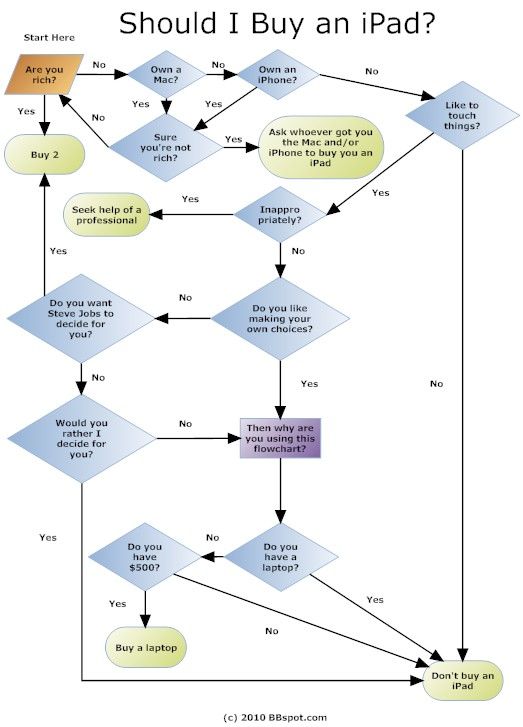 If you understand what his decision will be, then this will be your decision.
If you understand what his decision will be, then this will be your decision.
Hints. Helps to make a decision:
Calm body. Here are the possible options: stop, stand - it's already easier to decide. Or: sit down, for example, in a half-lotus, put your back, hands (this calms), close your eyes - a decision will come in place of fears and worries. For the usual business - sit down at the table, take a blank sheet of paper and do a SWOT analysis (analysis of strengths, weaknesses, opportunities and threats). When everything is drawn and in front of your eyes, the solution is almost obvious.
Vigorous body. Sometimes it is more important not to calm the body, but to add energy to it. Good solutions come during jogging, excellent ones - during the shower, when the shower jets hit you right on the head and do an energetic massage to the vessels of the brain. In the shower, the best thoughts come to mind!
If the search for a solution does not give anything worthwhile, and time allows, sometimes it turns out to be useful not to bang your forehead against the wall, but to postpone the decision for a certain specific period - for example, until the evening or until such and such a date.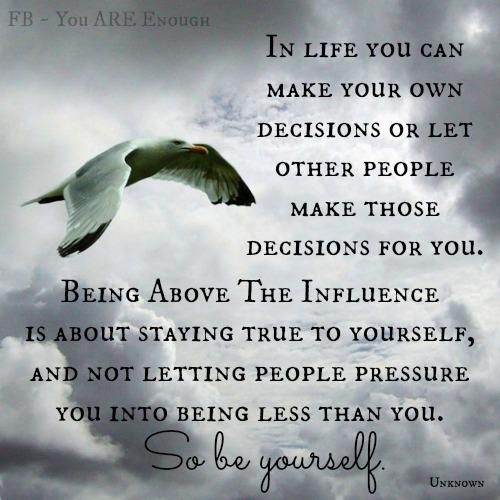 You don't always have to push yourself. It happens that when you load a question into yourself, the solution comes later by itself.
You don't always have to push yourself. It happens that when you load a question into yourself, the solution comes later by itself.
Once you have made your decision, set a time when it is no longer discussed. It can be two hours, or a week, or four years - but until this time has passed, you do not return to a new reflection.
Clarification: sometimes it makes sense to define force majeure. For example, you decide to start running in the mornings for a month, but a week later you have pneumonia. This is force majeure, you do not need to run yet.
Men's and women's in decision making
In general, decision making is more of a masculine approach to life. A woman is not inclined to make a decision, she often waits until she feels that the decision has matured, that she has understood everything for herself (about herself) and that she is already ready, after which everything happens. That is, her body did something for her or other people made a decision.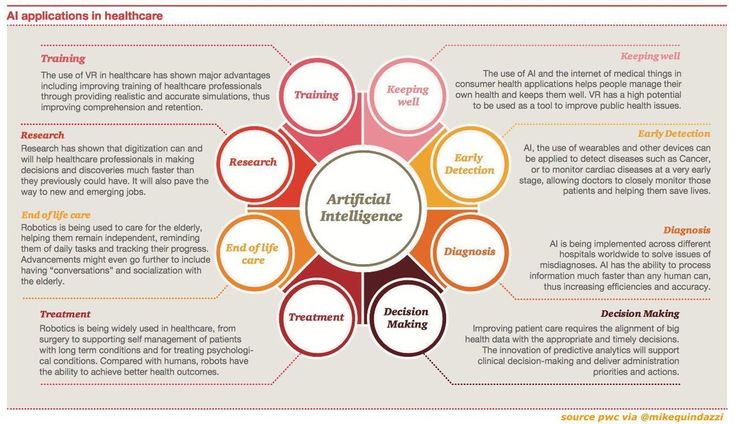 Deciding is about action and is masculine, while understanding and feeling is about feeling and is feminine.
Deciding is about action and is masculine, while understanding and feeling is about feeling and is feminine.
When making decisions, men are more often guided by reason, women - by intuition and their feelings, their emotional impressions. It is interesting to observe how, for example, men and women decide on the purchase of a book. Men (in the majority) will definitely look at the table of contents. Women, as a rule, will open several pages and see what is there. The impression of these pages will determine her choice - to buy or not.
Women are usually more anxious than men, and against this background, women tend to choose a solution that is not the best in terms of life prospects, but the safer one. Here is the case:
Lena wanted to leave her job and start her own business. She calculated her project from all sides and understood with her mind that she would receive more financially, there would be more free time, prospects and benefits open up for her, her mind does not give out any “against”.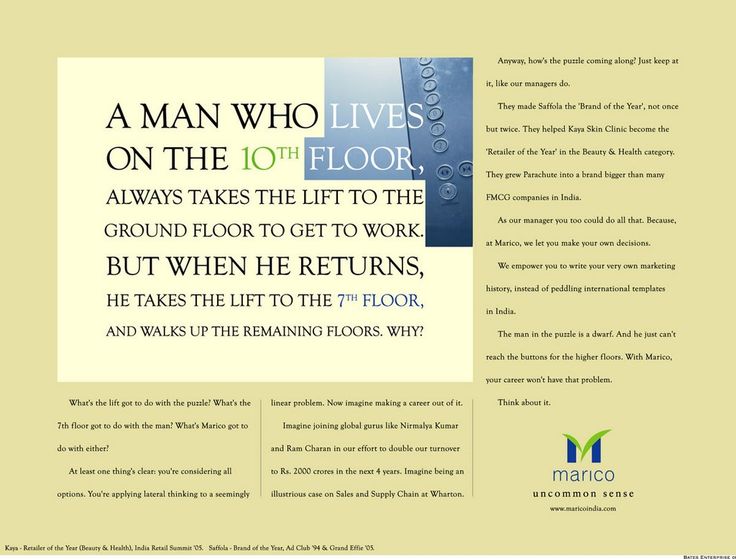 But at the same time, when she begins to think that she must make a decision and act, she begins to imagine herself in this role, her calmness disappears, she worries, loses sleep, feelings of excitement and bad mood overcome, this leads to a breakdown and insomnia. Lena decides to stay at work, because. he feels his demand there, love from customers, a feeling of flight and joy. Lena chooses to experience pleasant states in her life and be happy where she is now.
But at the same time, when she begins to think that she must make a decision and act, she begins to imagine herself in this role, her calmness disappears, she worries, loses sleep, feelings of excitement and bad mood overcome, this leads to a breakdown and insomnia. Lena decides to stay at work, because. he feels his demand there, love from customers, a feeling of flight and joy. Lena chooses to experience pleasant states in her life and be happy where she is now.
It is difficult to call such a decision rational. This decision was made not by the head, but by fears, after which the woman herself figured out why this decision was the most correct for her ...
It can be difficult for women to make decisions using only their mind and will. Women are more emotional, pay more attention to their feelings, and the technique of choosing a female model has its own characteristics. The essence of the female model selection technique is that you take turns living through each of the possible options and carefully examine your emotional reactions and your sensations in the body.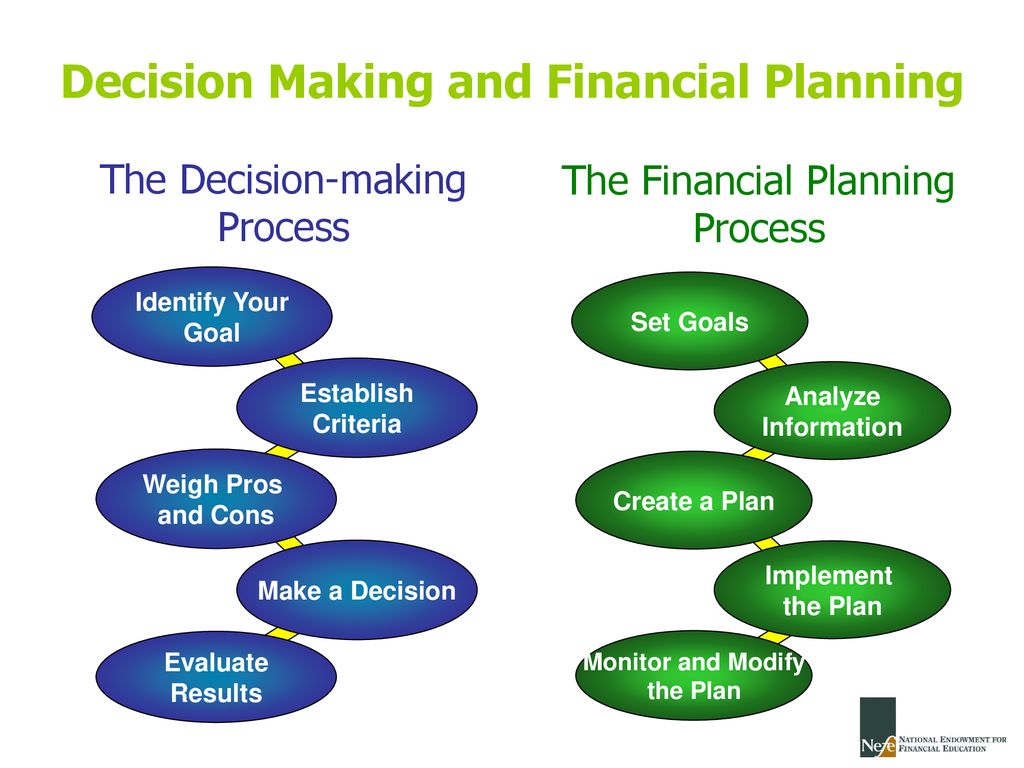 It is perfectly normal that this method is perfect for many men: no one has canceled individual characteristics and habits. This technique is especially suitable in cases where the question of choice has been standing for a long time, the possible options have long been considered, but it is still difficult to make a decision. See →
It is perfectly normal that this method is perfect for many men: no one has canceled individual characteristics and habits. This technique is especially suitable in cases where the question of choice has been standing for a long time, the possible options have long been considered, but it is still difficult to make a decision. See →
If a person needs to make a decision, then at the consultation, with the help of a consultant, he weighs all the pros and cons, takes into account the consultant's life experience and consciously makes his own decision. If a woman needs to make a decision, but she can’t do it in any way and feels helpless, she comes to a therapist for counseling. See →
How do intelligent people make decisions? Reasonable people ask themselves how such things are solved in business (business is an island of common sense!), Consider risks and incredible opportunities - cross them out. After that, the most reasonable solution is almost always obvious.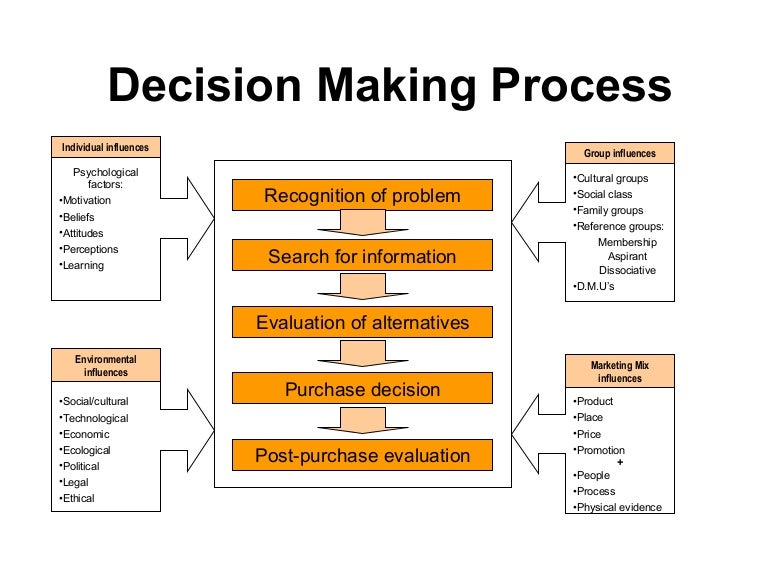 See →
See →
Decision-making skill, or Stop sitting on two chairs //Psychological newspaper
Surely, many of us can remember several cases in our lives when sleepless nights, loss of appetite, nervousness or irritability, or even persistent fatigue were associated with a fairly simple, on the one hand, on the other hand, insanely difficult for us at that time. time, a problem - we had to make a decision.
It would seem, well, what's wrong with that, I thought: to get a divorce - not to get a divorce, to move - not to move, to act - not to act, to leave - or stay, to be operated on - not to be operated on, to help - not to help, to support - not to support, to become a mother - or not , I am for those - or others, to accept this country - or not to accept, I am a German-Russian-Jew-Ukrainian-Turk- ..., or I am a Catholic-Jew-Orthodox-Muslim- .... and, more really an infinite set, etc., etc.
The problem is as old as the world, remember: "To be or not to be? That is the question.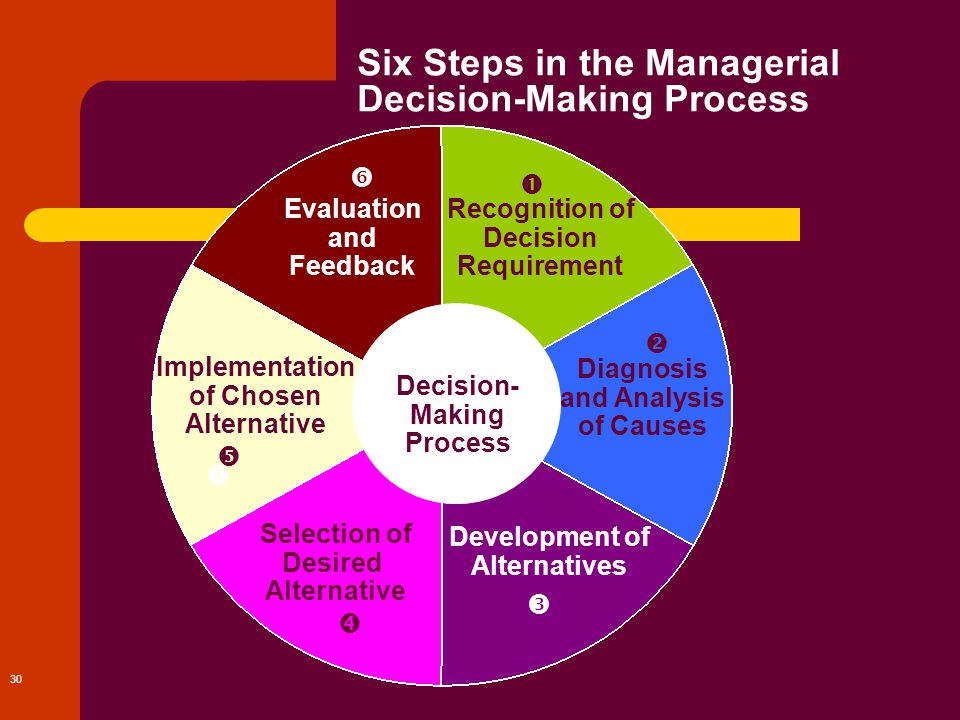 .."
.."
In fact, in psychology, the problem of making a decision is one of the very first places, both in terms of the number of requests for help, and in terms of the complexity of awareness and correction of other problems behind it.
The main difficulty is the acquisition of the skill to “quickly” and consciously make a decision in a situation that is relevant for a person.
At first glance, everything seems to be really simple.
I thought, weighed all the pros and cons and ..., and here comes the most interesting thing, what follows this "And ...".
And this is again:
- My responsibility for the decision.
- Loss of the right to know how events would develop further, with a different decision.
- Fear that something will go wrong; What others will say, etc. Fear of judgment.
- Feeling guilty that as a result of my decision someone will feel bad.
- Lack of faith in yourself.

- Low self-esteem. Etc.
The reasons for the lack of the skill of "Decision Making" most often lie in our childhood.
We were either ridiculed by our parents or relatives, or out of the best motives, in their opinion, important decisions were made for us. After all, they knew better "for what purpose we came to this Earth and what tasks we need to solve in connection with this." Where to study, whom to marry, what country to live in, etc. ironic? Alas. That's the way it was, is and will be. Of course, until we, the children of our parents, begin to teach our children those vital skills that we were not given in our childhood.
The second “alas” is that it is difficult to teach something that you yourself do not know how, do not know, or do not understand, or even do not see the need for it.
This is where fear comes in - the fear of "doing it wrong." Therefore, adults shift the decision-making to friends, girlfriends, cards, fortune-tellers, etc. Or they bring themselves to strokes, heart attacks, serious stomach problems ...
Or they bring themselves to strokes, heart attacks, serious stomach problems ...
Illness is always our very first helper in such cases.
In the practice of any psychologist there is a huge collection of cases from human destinies. Only, for several months now, a middle-aged man has not gone out of my head, who for many months again and again weighed the question “to divorce or not to divorce” on his internal scales. Two months of work did not lead to anything. His mind saved him. She made decision for him. The man ended up in a psychosomatic clinic. Bye...
The reason for his so long reflections was - the fear of evaluation of his act by relatives and friends. "What will people say?" - was the main leitmotif, why did he continue to live with a woman, to whom for a long time there was nothing but quiet hatred? did not experience.
AND? what is most surprising, ask any such man or woman: “Are you an adult? Are you a free person? I imagine the way they look at you. But there is often a huge gap between “seeming and being” .
But there is often a huge gap between “seeming and being” .
And if we were often laughed at in childhood, it is no wonder that we do not believe in our strength. Only now, after all, we have already grown up and we should not give a damn about someone else's opinion in a good way.
Stop thinking: “What will people say?”. If they say, that's good. This is just great! Bright active personalities are always noticed and often condemned! Well, so what? Others are just jealous that you can do it, but they can't. Remember the proverb: "You can't throw a scarf over someone else's mouth." And do you need to do this? Is your life given to you for this?
Or maybe you were often wrong, and many of your decisions led you to failure? So what? Or do you have an illusion about your perfection or infallibility? And you can't be wrong? And this is - pride (in my opinion). And how about: "They learn from mistakes", or "Mistakes are the school of life." Mistakes are needed in order to analyze them and make them right next time. In addition, no one learns from the mistakes of others, everyone learns only from their own.
In addition, no one learns from the mistakes of others, everyone learns only from their own.
Or you have an unrelenting sense of guilt. And you even know very clearly what is most suitable for you in this situation, but that's just a thought, but how can I leave them (the team, work, family ....) and make myself feel good. Do I have a right to this? And it starts eroding itself from the inside.
What is the danger of not making a decision?
Of course, any important decision requires its reflection and awareness. Only, "hanging" for a long time in choosing from the space of options of the one and only, most correct and only correct solution for us, we:
- we lose our strength and energy,
- become restless or lethargic, depressed or ill,
- our life either stands still, or flows like water into the sand through our fingers.
We, like this wonderful cat, lie between two chairs, terribly afraid to leave one of them.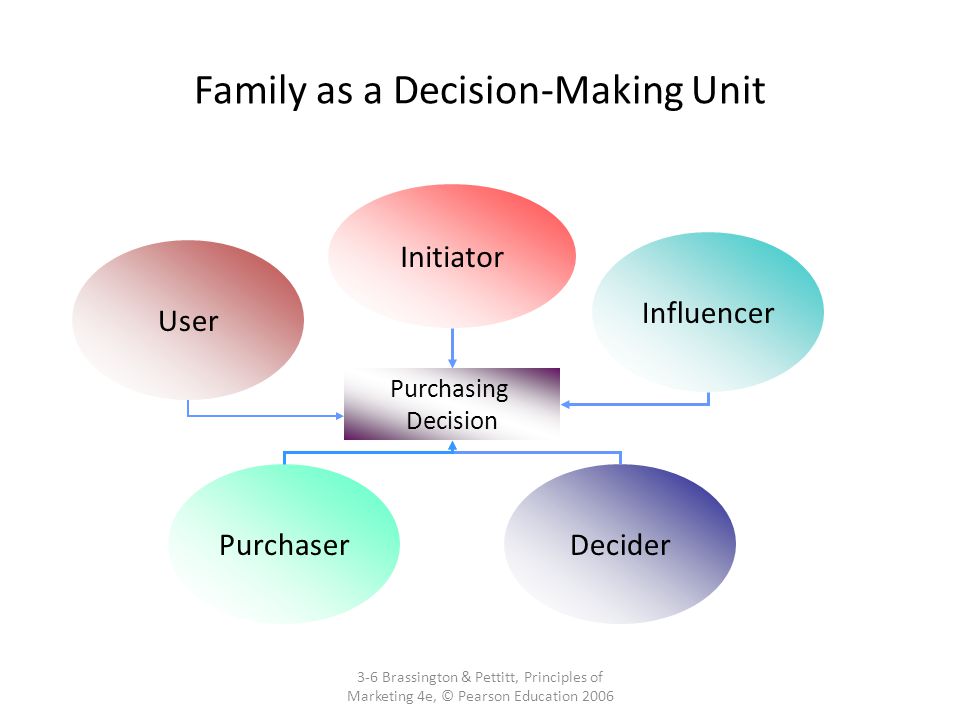 Are we living in this time? I think we're just living. Are we free - absolutely not. Are we adults? Are you ready to take responsibility for yourself?
Are we living in this time? I think we're just living. Are we free - absolutely not. Are we adults? Are you ready to take responsibility for yourself?
The answers are obvious.
So, we acquire the skill "Decision Making".
1. Realize the real importance of this thing / event in your life, think about whether it is really as fateful as it seems to you, and whether your life will really change so significantly depending on the decision made?
2. Determine what is really important to you in life. your values and needs. And when making a decision, check it with your values - if the result of the decision is contrary to what is really important to you, discard this option. Even if there are obvious benefits in the near future, it will hurt you in the long run. You can't deceive yourself. Never.
3. Take care of the information. Try to own facts that are not only directly, but also indirectly related to this situation.
4.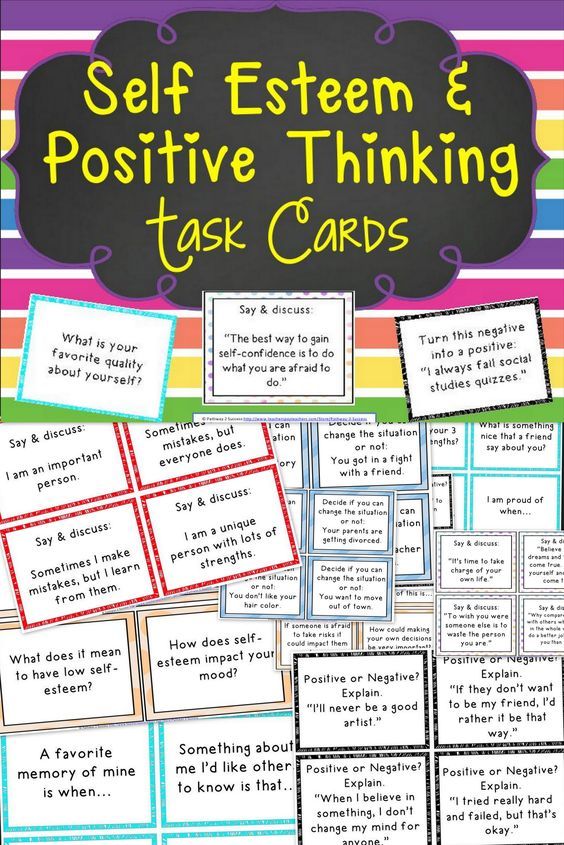 Try to clearly define all possible scenarios, evaluate their advantages and disadvantages. Do not be too lazy to sit down and write down all the options on paper - it will be much easier for your mind to make a decision based on structured information. For example, according to the scheme:
Try to clearly define all possible scenarios, evaluate their advantages and disadvantages. Do not be too lazy to sit down and write down all the options on paper - it will be much easier for your mind to make a decision based on structured information. For example, according to the scheme:
5. It happens that the analysis of information does not help, then listen to the voice of intuition: close your eyes, relax and mentally play the consequences of each option in your head - live these potential circumstances. Listen to your inner feeling - which option seems more correct to you?
6. Try to never make a decision under stress, whether it be anger, irritation, or, conversely, joyful excitement. Strong emotions are a bad adviser. Calm down first. Return to a calm state of consciousness.
7. Of course, you can turn to someone you trust or respect for advice. However, make your own decision.
Only WE are responsible for every decision made, and only we have to live with the consequences of the choice made, so you should not shift the responsibility for making a decision onto someone else's shoulders.
If, despite the work done, there is still no willingness to make a decision, but a simple idea suggests itself - to postpone any decision. Let - for now - be so. This is already a decision. At this stage. Then I ask my clients to write down, for example: "Being of sound mind and bright memory, I .... (such and such) cannot make a decision today on ... the issue." Number, signature.
This is also the responsibility for the unaccepted decision .
At least for a while, you will postpone the process of your own destruction.
You just need to understand that instead of making the best decision at the moment, such postponing the moment of making a decision is simply called going with the flow. Or hide your head like an ostrich in the sand. It is very tempting to be under the illusion that all conceivable possibilities are still available at the same time. However, this is not the case. Either the time will come to make a decision, or, even worse, your body or your psyche will make a decision for you, or your life will simply pass, and you have not made Your Decision - the Decision of an Adult and Free Person.